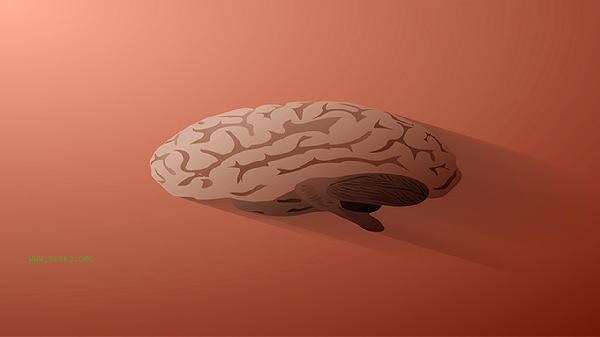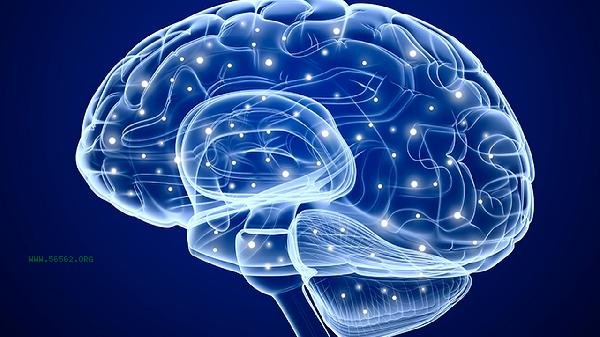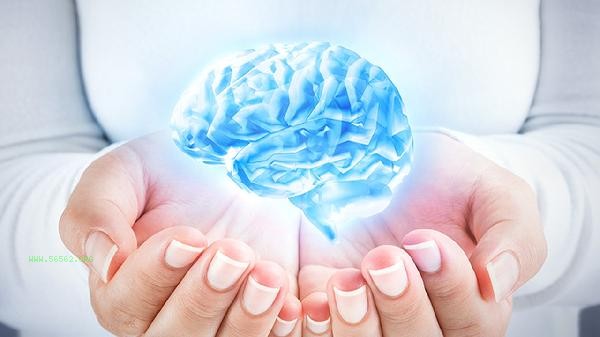Adults can supplement their brain and enhance their memory by eating moderate amounts of walnuts, deep-sea fish, eggs, blueberries, spinach, and other foods. They can also follow the doctor's advice to take medications such as Olacetam capsules, sodium phosphatidylcholine tablets, Piracetam tablets, Ginkgo biloba extract tablets, and donepezil hydrochloride tablets. It is recommended to choose an appropriate plan based on individual circumstances under the guidance of a doctor.

1. Food
1. Walnuts
Walnuts are rich in omega-3 fatty acids and antioxidants, which help improve the structure and function of brain cell membranes. Moderate consumption can promote neurotransmitter synthesis and help delay cognitive decline to some extent. However, it should be noted that the daily intake should not be too high to avoid gastrointestinal discomfort.
2. Deep sea fish
Salmon, sardine and other deep sea fish are rich in DHA, which is an important component of cerebral cortex. Eating two to three times a week can help maintain neuronal transmission efficiency and improve information processing speed. It is recommended to use low-temperature cooking methods such as steaming to preserve nutrients.
3. Eggs
The lecithin in the egg yolk is the raw material for synthesizing acetylcholine, a neurotransmitter closely related to memory formation. One whole egg per day can provide choline and high-quality protein, but patients with hypercholesterolemia need to control their intake.
4. Blueberries
Blueberries contain anthocyanins that can penetrate the blood-brain barrier and reduce free radical damage to the hippocampus. Long term moderate consumption can help improve working memory and episodic memory, and is particularly suitable for people with excessive brain use as an additional fruit.
5. Spinach
Spinach is rich in folate and vitamin K, and is involved in homocysteine metabolism and myelin formation. Regular consumption of green leafy vegetables can reduce the risk of cognitive decline. It is recommended to blanch and mix cold to retain water-soluble vitamins.

2. Medication
1. Olacetam capsules
are suitable for memory impairment caused by cerebrovascular disease or traumatic brain injury, and improve cognitive function by regulating brain metabolism. Adverse reactions such as dizziness may occur. Patients with renal insufficiency should use caution and strictly follow medical advice to adjust the dosage.
2. Sodium phosphatidylcholine tablets
are used for cognitive impairment after stroke, participating in phospholipid synthesis and improving brain cell energy metabolism. During medication, liver function should be monitored to avoid simultaneous use with anticholinergic drugs.
3. Piracetam tablets
can enhance the anti hypoxia ability of neurons in the treatment of memory impairment associated with mild to moderate brain dysfunction. Epilepsy patients are prohibited from using it. If central nervous system symptoms occur during medication, timely follow-up should be sought.
4. Ginkgo biloba leaf extract tablets
improve age-related memory impairment, have the effects of dilating cerebral blood vessels and clearing free radicals. Attention should be paid to the possibility of prolonging clotting time. It should be discontinued two weeks before surgery, and pregnant women should avoid taking it.
5. Donepezil Hydrochloride Tablets
are memory improving drugs for dementia such as Alzheimer's disease, which act by inhibiting cholinesterase. Common gastrointestinal adverse reactions, severe bradycardia patients should avoid using it. In addition to dietary and medication interventions, it is recommended to combine aerobic exercise and cognitive training to comprehensively enhance cognitive function. Perform three to five half-hour brisk walks or swimming sessions per week, while simultaneously engaging in activities that require concentration such as reading and chess. Maintaining a regular schedule and sufficient sleep are crucial for memory consolidation, and the deep sleep stage at night is a critical period for the brain to organize information. It is also necessary to manage chronic diseases such as hypertension and diabetes, which will accelerate the aging of cerebrovascular diseases. If there is persistent memory loss affecting daily life, it is necessary to seek professional evaluation from the neurology department in a timely manner.









Comments (0)
Leave a Comment
No comments yet
Be the first to share your thoughts!